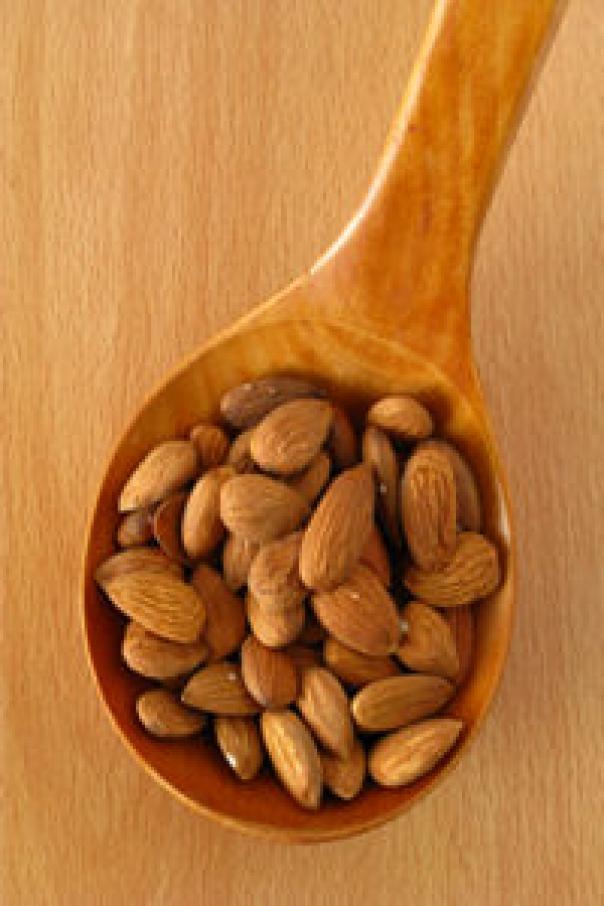4th Dec 2008 - 00:00
Image

Abstract
A team of scientists from across Europe are embarking on new research to develop a treatment for food allergy.
Dr Clare Mills of the Institute of Food Research, a lead partner in the Food Allergy Specific Therapy (FAST) research project, commented on the issue: "Food allergy affects around 10 million EU citizens and there is no cure. All people with food allergy can do is avoid the foods to which they are allergic."
In the FAST project, scientists will use modified variants of allergic proteins that are hypoallergenic and therefore safer. The proteins will be purified making them more effective and making it easier to control the dose.
Some 90% of all food allergies are caused by about 10 foods. Allergies to fish and fruit are among the most common in Europe. In fish allergy the protein responsible is parvalbumin and in fruit it is lipid transfer protein (LTP). Modified hypo-allergenic versions of these proteins will be produced and tested as potential treatments.
"We are hoping for a cure that will allow people to eat fish or fruit again," said Dr Ronald van Ree from the Academic Medical Center at the University of Amsterdam. "But a significant reduction of sensitivity would already be a great step forwards.
"The risk of unintentional exposure due to cross-contamination of foods, or while eating in restaurants or at parties, will decrease. This will take away alot of the anxiety that has a negative impact on the quality of life of food allergy sufferers."
In addition, Foods Matter, a UK magazine for those with food allergies or food tolerances, has been rebuilding its website, with the last phase scheduled for completion over the Christmas period in the time for Food Allergy and Intolerance week on 19-23 January.
The site www.foodsmatter.com has over 1,200 pages devoted to every aspect of food intolerance from apple allergy to salicylate sensitivity.